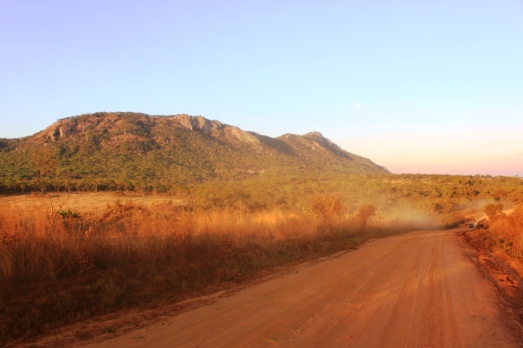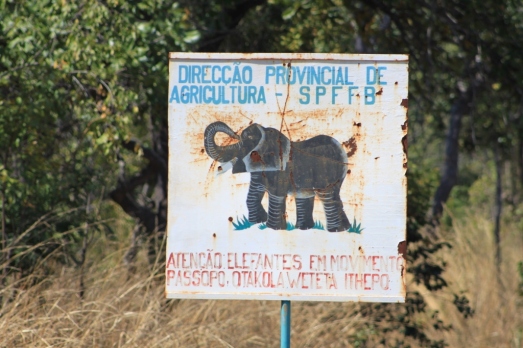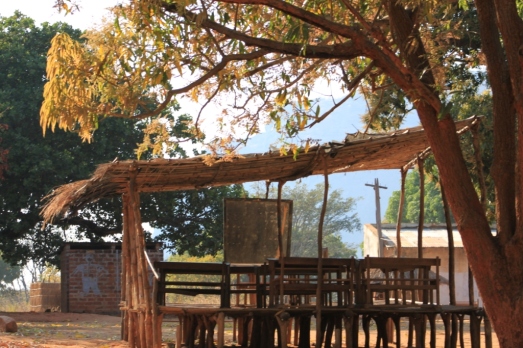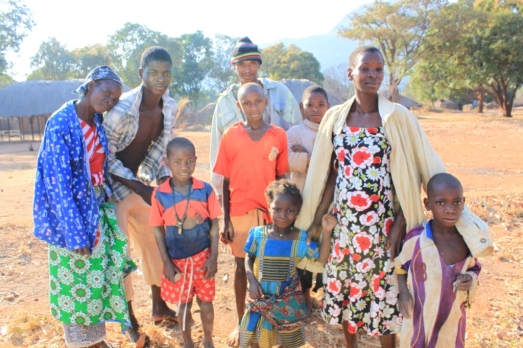After a short visit to Malawi, we crossed the Mandimba border to Mozambique. It isn’t a very busy border so it was quite quick to cross. Please note that the borders open at 6:00 am and close at 6:00 pm. On the other side of the border expect mainly gravel road and some parts of tar road until you reach Lichinga. We took our time as our plan was to sleep in Lichinga, the gateway to Niassa Reverve.
The road is quite scenic.
In Lichinga you’ll find quite a few options for accommodation. Because it was already quite late when we arrived we decided to head straight to Hotel Girassol, which we knew it would be good option.
To access the Niassa Reserve from Lichinga you have two options. You can either drive to Marrupa (250km on a tar road in very good conditions) and then access the reserve through Mecula (another 130km gravel road in reasonable conditions) or you can do it by plane which can be arranged by some of the lodges in the area. However be aware that tourism in the Reserve is still not for everyone due to the fact that it is still very expensive and there are limited options.
Most of the concessions in the reserve are for hunting. If you have the money for it you will be in a position to access a very exclusive wilderness destination.
The Niassa National Reserve is open to the public from 6:00 am to 6:00 pm, however its recommended that you make a reservation at the Maputo head office by calling (+258 21329808). Also, there is very useful information at the Reserve´s website: www.niassareserve.org/.
Even though the park is heavily inhabited you can still see some wildlife, however you will need at least two to three days at the Reserve so that you may drive out into these areas.
The province is attracting more and more investment, exclusive tourism (both in Lake Niassa and Niassa Reserve), tobacco production and wood extractions are driving the province. But either because it was greatly affected by the war or just because of the geographic isolation, while travelling we could see that the province hasn’t yet seen development as other regions.
All in all we were warmly welcomed by the people and their beautiful stories.
Next step: from the bush to the beach. Next stop, Pemba!







